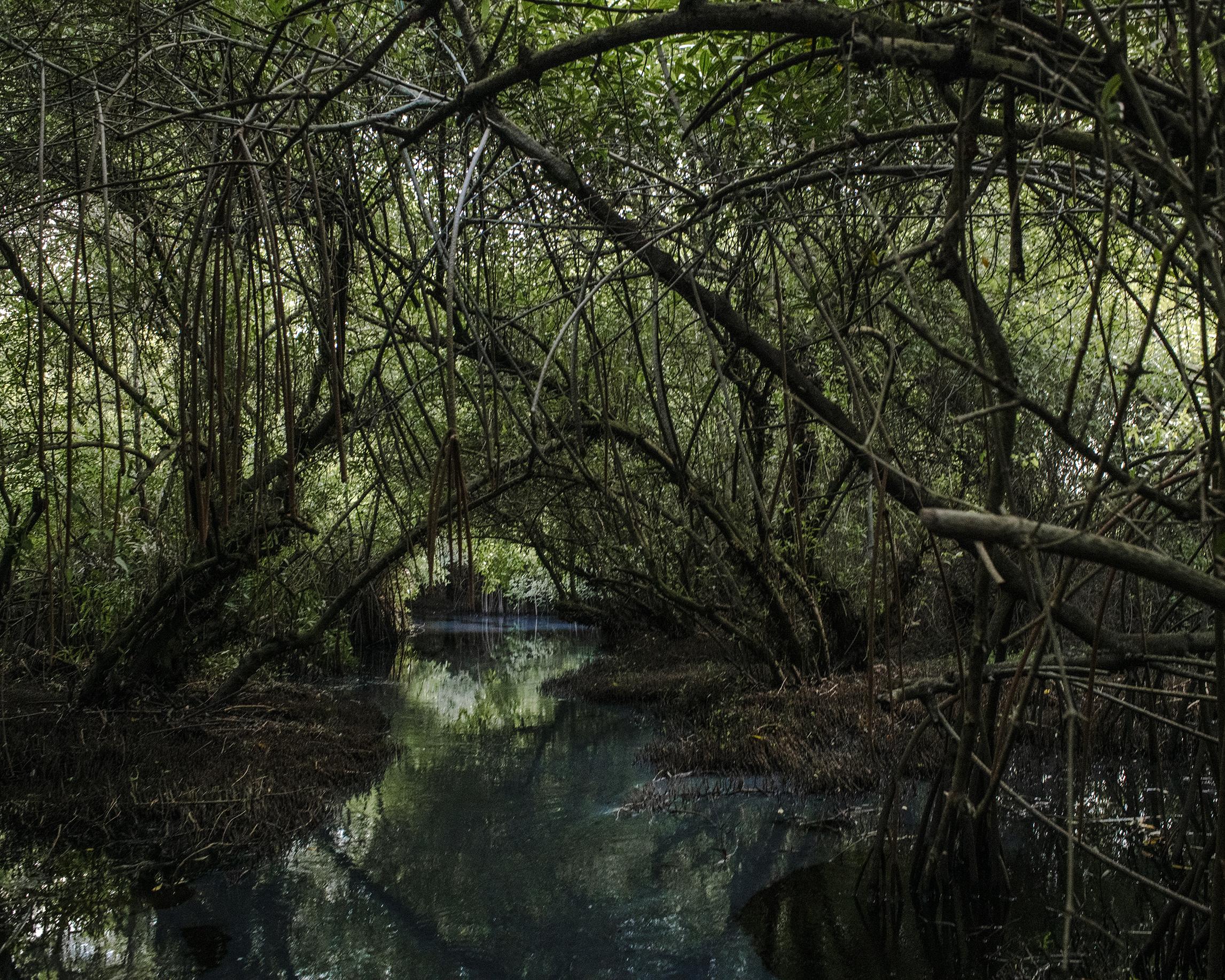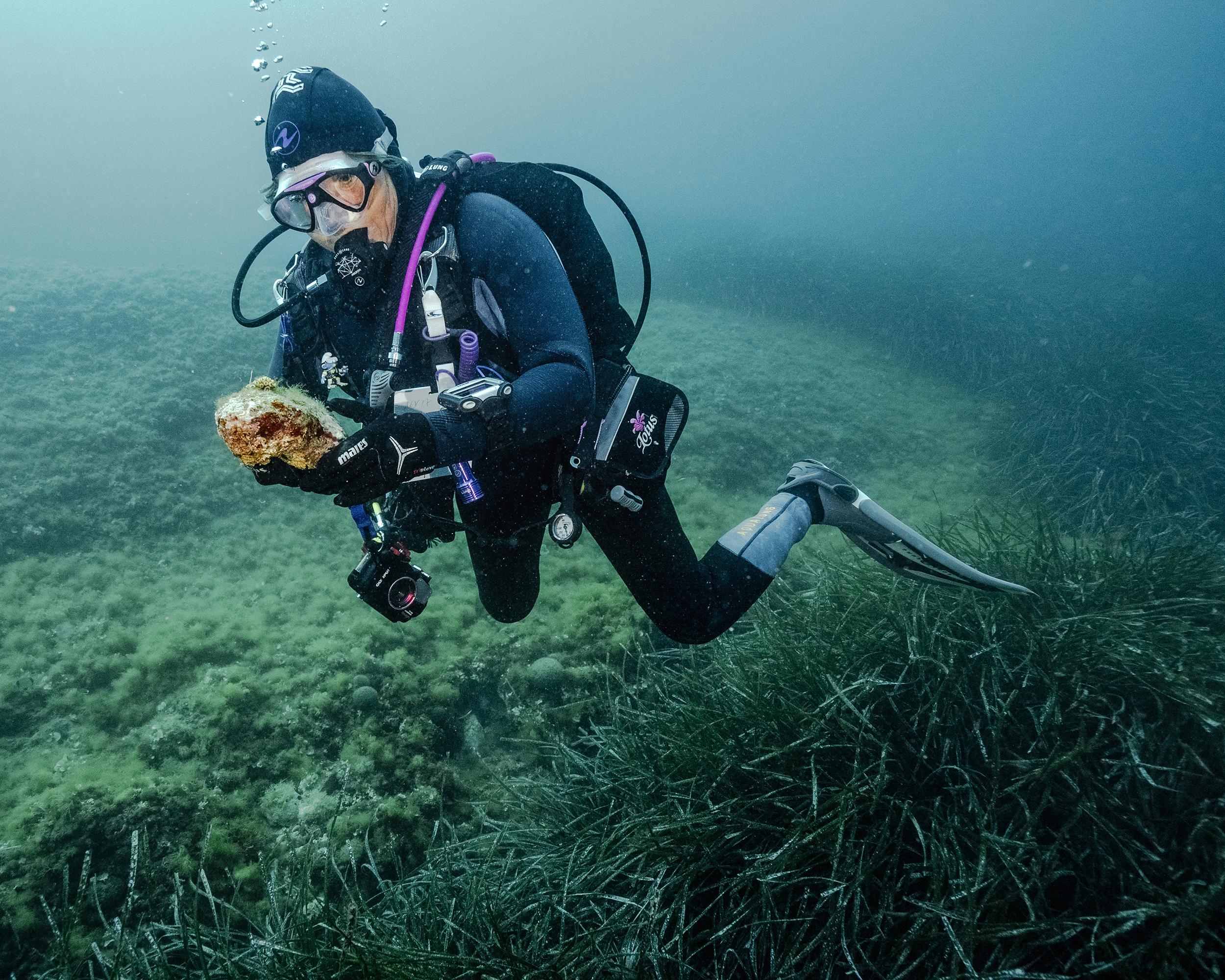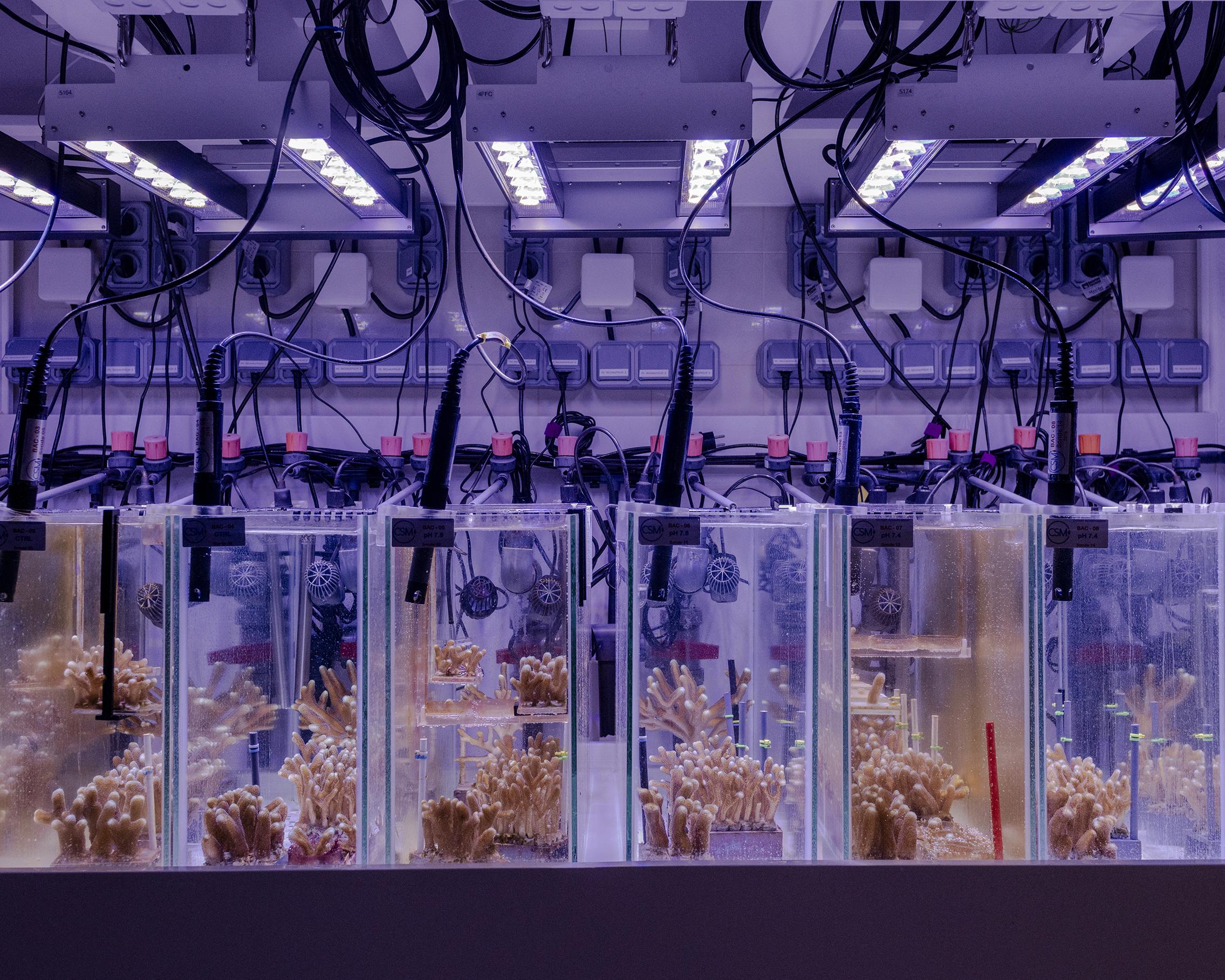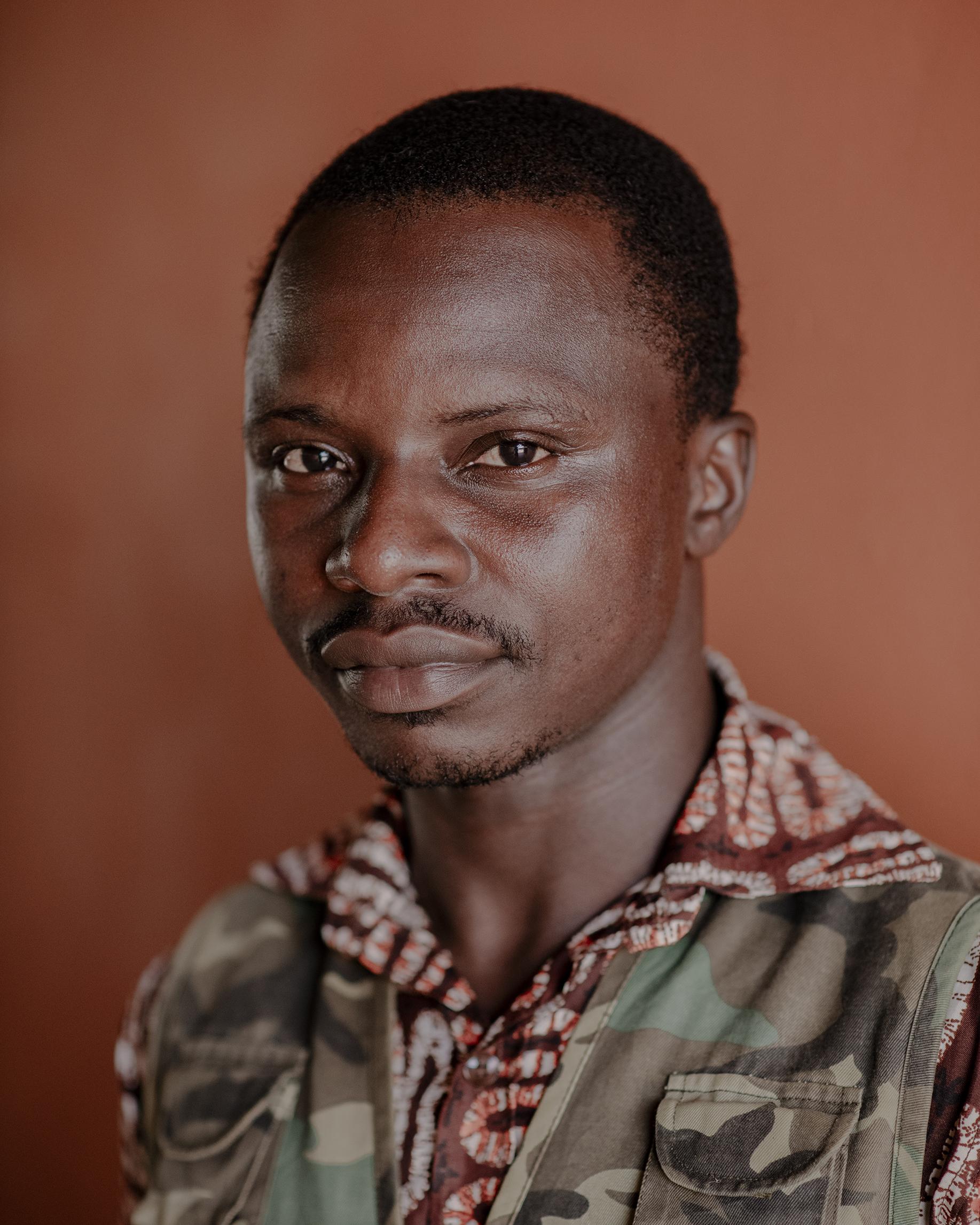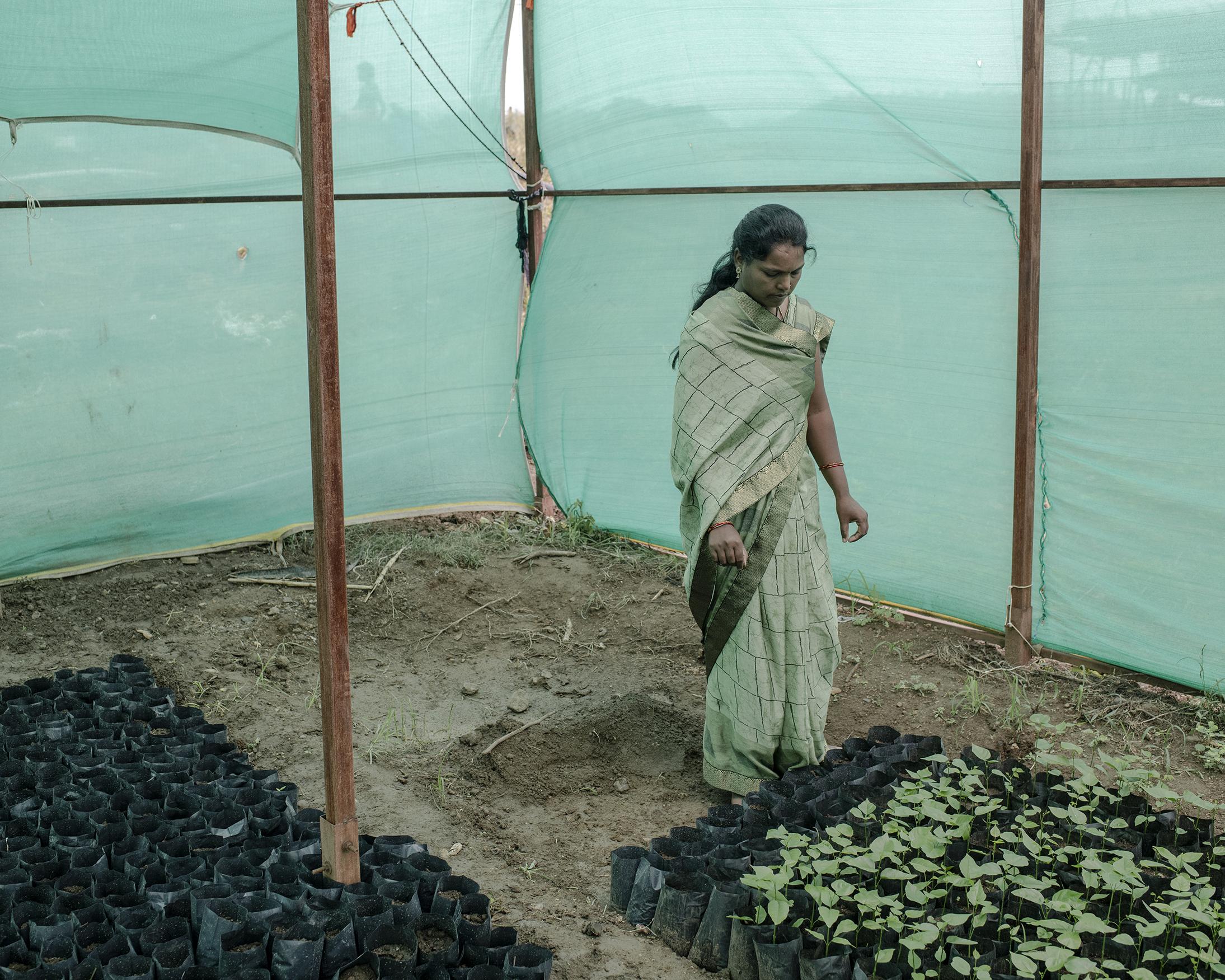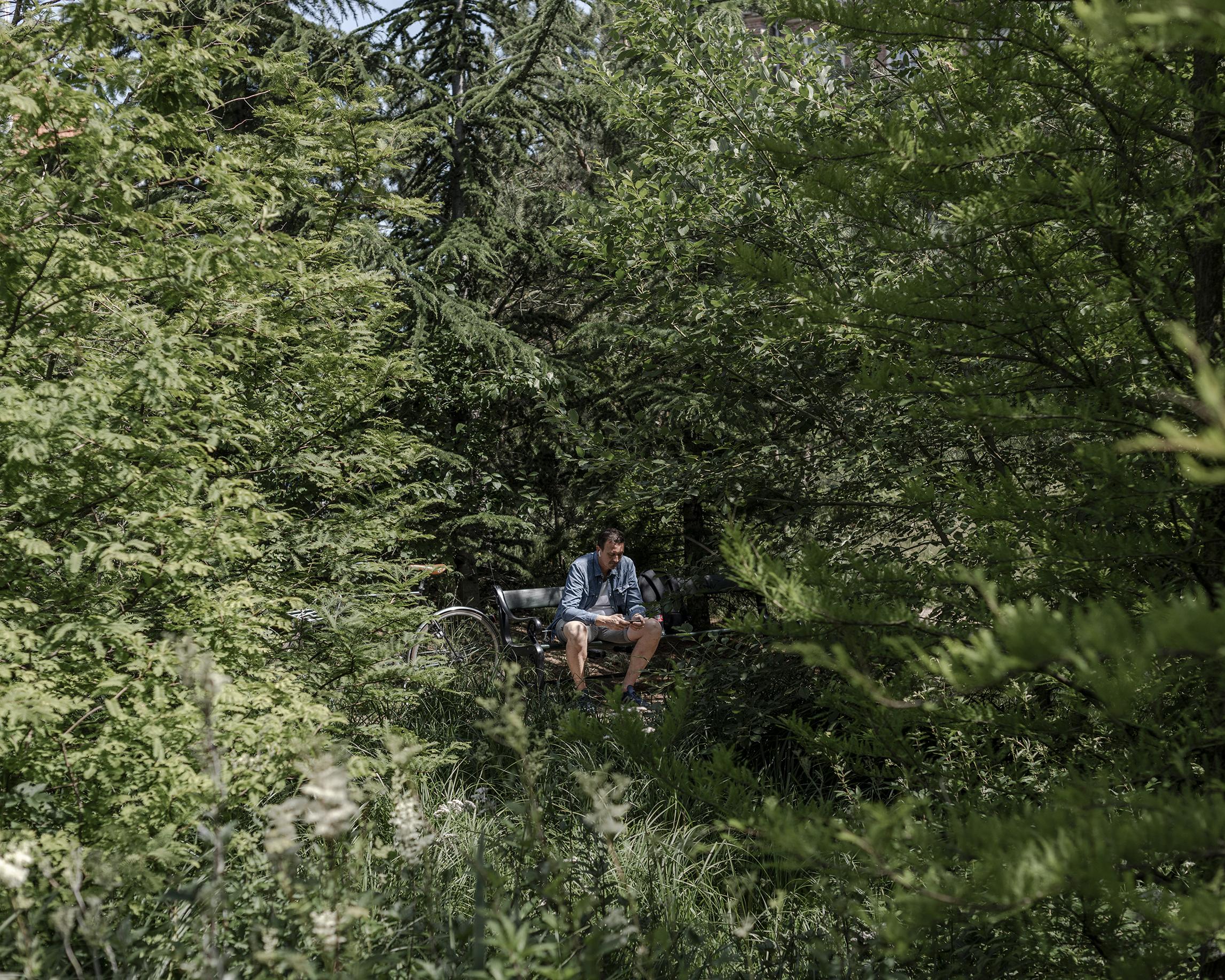
Climate change now affects all regions of the Earth, with increased storms, floods, droughts and fires, warming and rising oceans, unprecedented loss of species, scarcity of food and growing displacement. But in 2021, a UN panel reported that human actions can still determine our climate future. Worldwide, people are succeeding in reversing the trend, halting further decline and restoring what was damaged. In Europe, the region’s largest land mammals – bison –returned to the wild after disappearing a century ago, while in Benin, one of the world’s poorest countries, mangrove forests have been saved through NGOs, political will and local beliefs. Underwater, divers and scientists work to preserve corals threatened by ocean acidification, while thousands of farmers in India have switched to organic crops, restoring soil and adapting to new monsoon patterns. Copenhagen, on track to become the world’s first carbon-neutral city, has cut its emissions by 75 per cent since 2005, proving drastic change is possible.
Kasia Strek is a Polish documentary photographer and journalist. Her work focuses on the intersections of gender, social inequalities, and the impact of climate change on the environment, highlighting underrepresented topics of social importance. She has received numerous recognitions, including the Pulitzer Grant for Crisis Reporting, the IWMF Courage in Journalism Award, and Visa Pour l'Image Camille Lepage Award. Her work is published by leading media outlets and exhibited worldwide.

